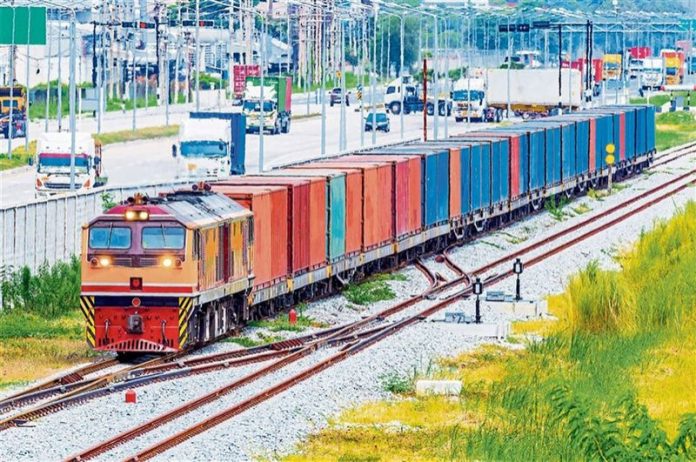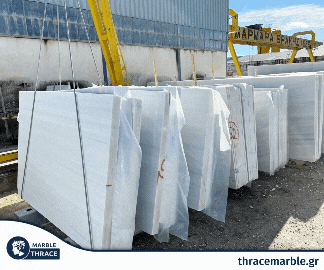JLC United Transport and Logistics Company – Eurasian Railway Alliance (UTLC ERA JLC) and Belintertrans-Germany (BIT-Germany) have launched a joint end-to-end regular multimodal service on the Altynkol, Kazakstan – Kaliningrad, Russia – Hamburg, Germany route.
The new service will be fully operated this October, according to ULTC ERA representative, who told Container News, “The service significantly increases the transit potential in the short term, while opening up additional geography of transportation. The multimodal service enables us to enlarge the transit volume by increasing the capacity with 2 pairs of trains per week.”
The purpose of the service, according to the announcement, is to organise predictable and controlled cargo transportation within the framework of the One Belt and One Road project with stable transit time in the range of 12-14 days.
The two operators provide a joint solution for the organisation and implementation of the transportation regardless of the volume of goods on the China-EU-China route. That opens a new stage in the history of cargo transportation on the specific route, according to Alexey Grom, UTLC ERA CEO, who said, “For the first time, the market will receive a flexible and predictable solution for deliveries of any volume.”
“The co-ordination of logistics processes along the entire multimodal route and the ‘one window’ technology will provide users with the most effective channel for planning and carrying out the transit of goods,” he added.
The end-to-end multimodal corridor is synchronised within a single technological chain, in which every movement of freighters will correspond to a fixed schedule of the sea line and a vessel chartered for a specific volume of cargo.
UTLC ERA will provide 1,520mm gauge railway transportation from the Altynkol station to the ports of the Kaliningrad region and vice versa.
In turn, BIT-Germany will organise a regular sea link between the ports of the Kaliningrad region and the port of Hamburg.
“We diversify the increased transit volumes with multimodal services. They give additional opportunities to the consignor/consignee to independently assess all possible options for cargo delivery, allowing to choose the most optimal route at the lowest cost,” ULTC ERA spokesman explained.
A pilot transport between Chongqing, China and Hamburg/Duisburg, in Germany was successfully operated in August and trains now run weekly on this new route, while it is planned to extend the frequency to up to two trains per day in October.
“With an always growing interest and demand in transportation along the Eurasian corridor, the implementation of new gateways is inevitable to absorb additional cargo volumes and keep transit times short,” commented BIT-Germany director, Artur Ballardt.
Source: container-news.com








































